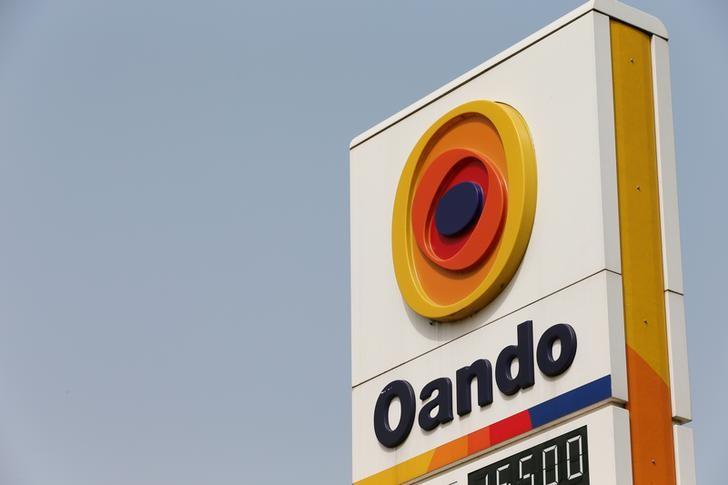Oando gets court approval to release 2019 & 2020 financials, resolves conflict with indirect stakeholder

The long-awaited full-year end 2019 and
2020 financial statements from Oando, one of Nigeria's leading oil
companies, were finally made public on Wednesday, June 22. The
Securities and Exchange Commission (SEC) reportedly suspended the
company's 2018 Annual General Meeting (AGM) as a result of a disagreement
with a minority shareholder, Ansbury Investment Inc., which caused a
three-year delay in the Oando's data release.
Following a petition from the indirect stakeholder,
the Nigerian SEC ordered a forensic audit into the oil group's shareholding
structure in 2018, expressing worries about potential insider trading.
The investigations started when the
business, which is listed on two exchanges in Johannesburg, bought
ConocoPhillips' Nigerian asset in 2014 to transition from being a gasoline
merchant to an oil producer that competes with large corporations like Shell
and Exxon Mobil.
Oando executives repeatedly criticized the
decision stating that it wasn't in the best interests of the market due to
the postponement of the company's 2018 AGM and related concerns, which
prohibited shareholders from being informed of business operations.
Oando said on Wednesday that a Nigerian
court had ordered it to buy out the its minority shareholders after a
number of investors petitioned for the purchase to be made mandatory.
Ocean and Oil Development Partners (OODP),
an investment vehicle, owns 57.37 percent of the corporation, with minority
shareholders owning the remaining 42.63 percent. Oando has seen a number
of shareholder disputes and regulatory inquiries.
A part of the conflict with Ansbury
was resolved when Oando agreed to a resolution with the SEC in July 2021 about
all matters legal disputes and other concerns arising. The fact that the SEC
did not find Oando culpable of any violation helped to prevent additional
market disruptions and loss to Oando PLC's shareholders.
In its 2019 audited financial statements,
the business recorded a loss-after-tax of N207.1 billion, which was mostly
caused by impairments for goodwill and loans connected to the indirect
shareholder dispute following 12 consecutive quarters of profits up until
Q3, 2019.
Oando stated in its 2019 audited
financial statements, that
it realized a $499 million deficit due to borrowings,
including a $425 million loan from Afrexim bank to settle with the indirect
shareholder, Ansbury Investments.
The company has been consistent in stating
that all decisions made thus far have always been in the best interests of all
its shareholders. Additionally, shareholders have repeatedly requested
that Oando takes all necessary actions to settle this conflict
and advance the company.
The stock price substantially
declined from its offering price of an average of N9 per share in 2017 to an
average of N3 per share in 2022 largely due to the activities of the SEC and
the indirect shareholder.
After 2019 was over, the business faced a
new difficulty in 2020: the COVID-19 pandemic, which had a detrimental impact
on all corporations, not just those in the oil and gas industry. A loss after
tax of N132.6 billion, a 36 percent decrease over 2019, was revealed in the
company's 2020 Full Year End financials. a spike in the results from the prior
year that is positive.


Be the first to comment!
You must login to comment